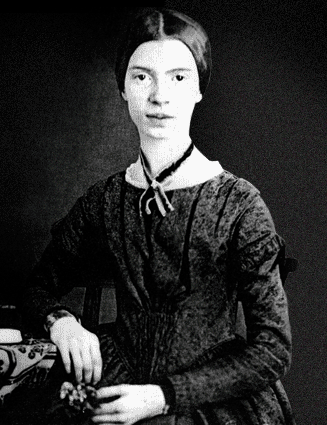I said I would post more on Death today, since in Pasternak's poem August the poet sees his own death; his writing at the end, as his own death approaches, as his friends come to him, as he dies. Sometimes I feel like we ignore death so much it becomes like the vacant center, the unsaid, around which everything turns. I don't think it's such a big deal, really; I like the rhyme, in July, maybe I'll die which came out in song I was writing the other day. Since it's August now, I can share it.
I recently saw the movie "The Sea Inside" (Mar adentro, which, incidentally, was also directed by Alejandro Amenábar, director of the movie on Hypatia I wrote about the other day, Agora), which I think is an apt metaphor for death, a going in instead of a going away. Death is a mystery, but there are other mysteries. People die and we keep their pictures, or make movies about them, idolize them, use them in some way. We don't want them to die, but they do. I would have more to say on memories, memory, and how it shapes the mind, and shapes who you are, long after some people only wander through your dreams. But then how many of us are actually awake today?
Then there is writing, which dresses the corpse and keeps it talking long after the dust has been blown away. The holy grail of the written word for many authors I think, Pasternak's angel: Immortality. Which makes me think of an Emily Dickinson poem. I'll see if I can find it.
Because I Could Not Stop For Death
Because I could not stop for Death,
He kindly stopped for me;
The carriage held but just ourselves
And Immortality.
We slowly drove, he knew no haste,
And I had put away
My labor, and my leisure too,
For his civility.
We passed the school where children played,
Their lessons scarcely done;
We passed the fields of gazing grain,
We passed the setting sun.
We paused before a house that seemed
A swelling of the ground;
The roof was scarcely visible.
The cornice but a mound.
Since then 'tis centuries but each
Feels shorter than the day
I first surmised the horses' heads
Were toward eternity.
That was easy. I love the false subtlety of the rhymes in this poem. I love the way the word Immortality is placed.
Well, people die and we do miss them, still:
Why do we focus on death
when it is not the road?
A transfer station,
a place to switch over,
circle back.
Somewhere in you is
a free and seeking bird,
the white of its neck,
your body beautiful to it,
I need not hold.
This time could be long
or short,
is on our side, what's next?
It doesn't matter still,
our small moments here
eternity were more than
bright lights intermittent.
We have smiled at each other
We have watched the sun rise.
I think the second to last stanza of this poem is nice in the same way the Emily Dickinson poem is nice, but I'm not sure about the rest of it. This stanza also reminds me that I read e.e. cummings a lot as a teenager. What do you think? Will it keep me alive after I'm dead? I wonder. Would a word or two suffice? Thousands of poems in drawers. In any case, thank you, Emily.
Stories and poems
"The metaphoric image of 'orphan lines' is a contrivance of the detached onlooker to whom the verbal art of continuous correspondences remains aesthetically alien. Orphan lines in poetry of pervasive parallels are a contradiction in terms, since whatever the status of a line, all its structure and functions are indissolubly interlaced with the near and distant verbal environment, and the task of linguistic analysis is to disclose the levels of this coaction. When seen from the inside of the parallelistic system, the supposed orphanhood, like any other componential status, turns into a network of multifarious compelling affinities.'
Roman JAKOBSON, "Grammatical Parallelism and its Russian Facet", Language, 42/2, 1966, pp. 399-429, p. 428-429
Roman JAKOBSON, "Grammatical Parallelism and its Russian Facet", Language, 42/2, 1966, pp. 399-429, p. 428-429

No comments:
Post a Comment